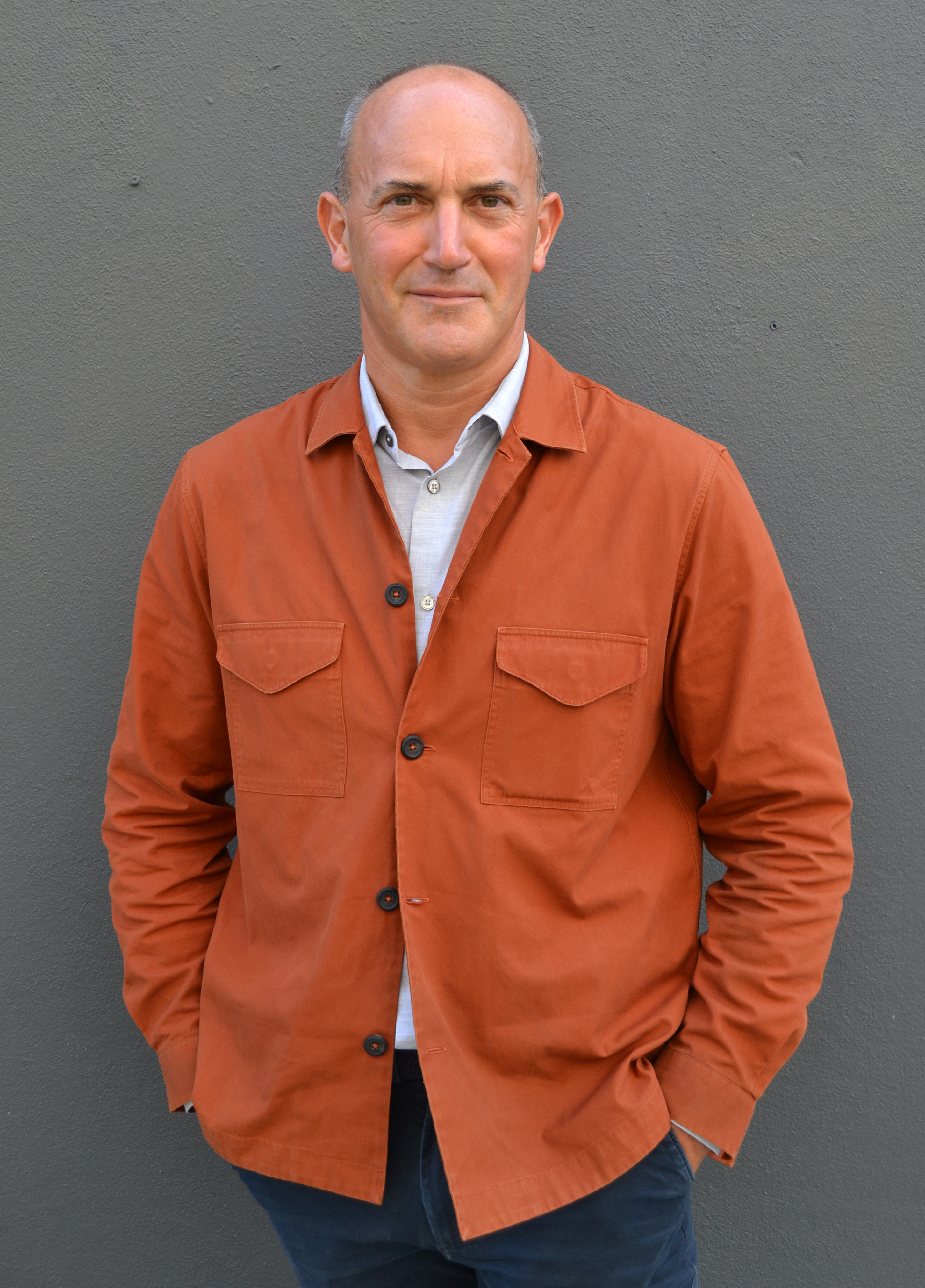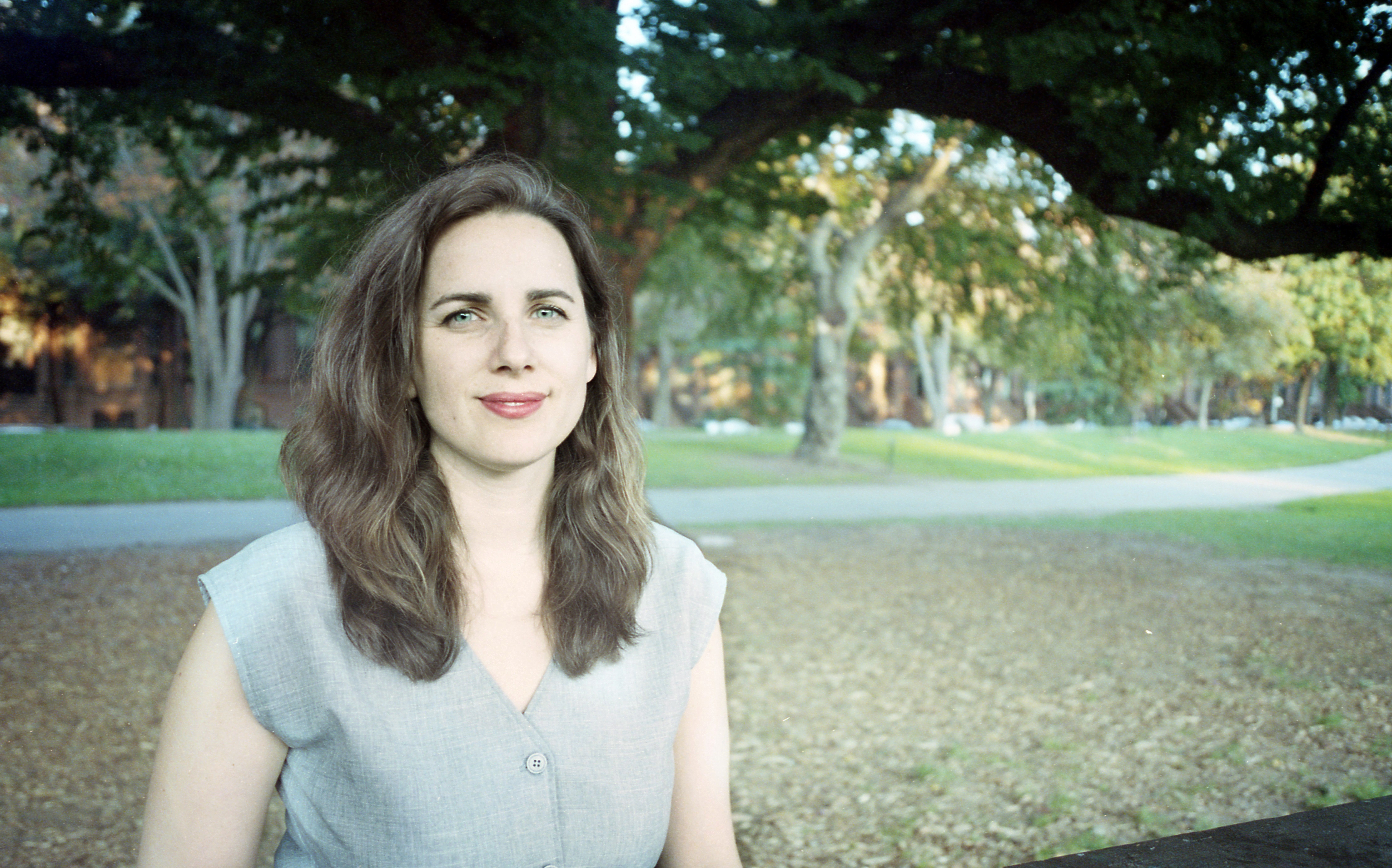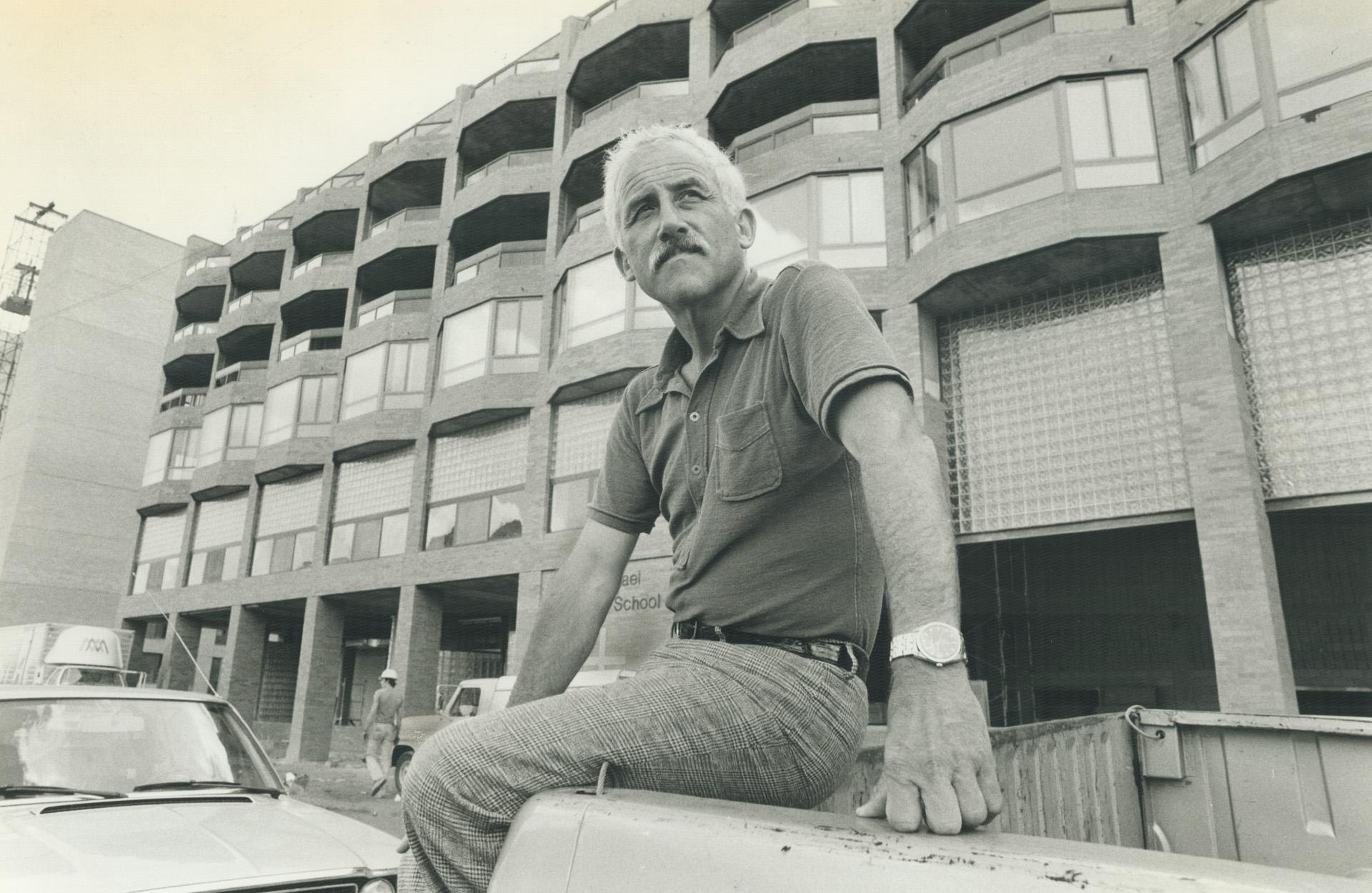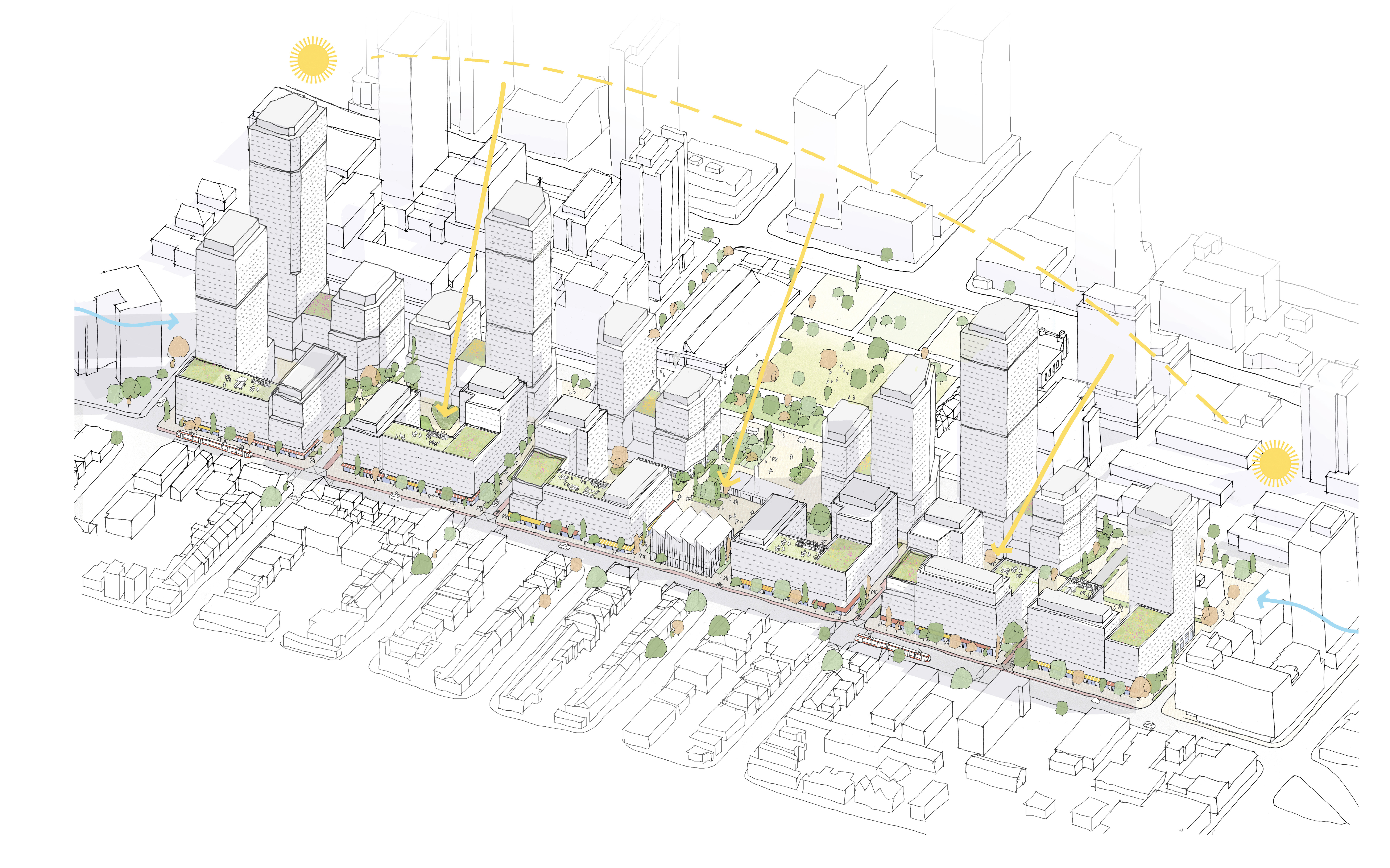Architecture and the Right to Housing, featuring Leilani Farha and Paul Karakusevic with Karen Kubey
-
Main Hall, Daniels Building
Generously supported by the Irving Grossman Fund in Affordable Housing, this panel discussion moderated by the Daniels Faculty’s Karen Kubey will explore how the right to housing—both in Canada and globally—isn’t just a political, legal and economic issue, but also an architectural one.
What does the right to housing mean in practice? And how can designers contribute? Kubey will be joined by architect Paul Karakusevic and lawyer and advocate Leilani Farha to discuss these urgent questions and examine promising housing models, laying the groundwork for ways forward.
A former UN Special Rapporteur on the Right to Housing, Leilani Farha (pictured above) is Global Director of The Shift, an international advocacy agency that she launched in 2017 with the UN Office of the High Commissioner for Human Rights and the international umbrella organization United Cities and Local Governments (UCLG). Farha’s work is animated by the principle that housing is a social good, not a commodity. To that end, she has helped develop global human rights standards on the right to housing, including through her topical reports on homelessness, the financialization of housing, informal settlements and rights-based housing strategies, as well as the first UN Guidelines for the implementation of the right to housing.

Paul Karakusevic (above) is a founding partner at Karakusevic Carson Architects, an award-winning practice at the forefront of public-housing design across the United Kingdom. Focused on working with the public sector, the firm has been appointed as architects and master planners by 15 leading London councils, the Greater London Authority, Transport for London, Portsmouth City Council, Homes England and Olympic Legacy panels. In 2021, it was selected via international competition for public projects in France and Canada. The latter include the masterplan for the final phases of the Regent Park & Alexandra Park Estates for Toronto Community Housing

An urbanist specializing in housing design and social justice, Karen Kubey (above) has been an Assistant Professor at the Daniels Faculty since 2023. The editor of Housing as Intervention: Architecture towards Social Equity (Architectural Design, 2018), she served as the first executive director of the Institute for Public Architecture and convenes the American Institute of Architects Right-to-Housing Working Group.

The Irving Grossman Fund in Affordable Housing
Named for award-winning Toronto architect and U of T alumnus Irving Grossman (pictured above), the Irving Grossman Fund in Affordable Housing recognizes and supports Daniels Faculty students, professors and community partners tackling the urgent issue of housing affordability.
Grossman was a distinguished modernist who won acclaim for his early single-family houses, synagogues and major urban-renewal projects in Toronto and North York. His best-known works include the innovative low-rise housing projects Flemingdon Park, Edgeley Village and the St. Lawrence Neighbourhood, as well as his design of the Administration Building for Canada’s World Fair, Expo 67.
Grossman earned his Bachelor of Architecture degree at U of T in 1950, just as the school was transforming from a beaux arts institution into a “Modernist hotbed” under the direction of Eric Arthur. As a student he was awarded the Ontario Association of Architects Scholarship, the Architectural Guild Medal and the prestigious Pilkington Glass Fellowship, bestowed on the outstanding graduate chosen from all Canadian schools of architecture.
Grossman taught at U of T’s School of Architecture for many years and served with distinction as president of the Alumni Association. In 1986, he joined a special 10-member task force looking at the threatened closure of the School. In 1989, he was awarded the University of Toronto Arbor Award, the highest honour granted by the University for sustained volunteer contributions.
As a practitioner, Grossman was a key Toronto modernist known for the integration of art and architecture and for the response of the designer to the needs of the individual. His Sultan Street studio in Toronto was a vibrant heart for the city’s artistic and cultural scene, and he brought an international influence to his practice, having worked as a young architect in London and in Los Angeles.
Grossman received numerous professional awards over a career of more than 40 years. Among them were the National Design Award from the Canadian Housing Design Council, the Massey Medal for Architecture for excellence in Canadian architecture and the Canadian Centennial Medal for providing service to his country through his professional contributions. Grossman was made a Fellow of the Royal Architectural Institute of Canada and of the Royal Canadian Academy and he was recognized in 2009 with a posthumous Landmark Award for his role in the design of the St. Lawrence Neighbourhood.
“My working-class background, together with my interest in art, led to architecture being a natural creative outlet for me, especially social housing,” Grossman once said.
His son, Jonas Grossman, established the Irving Grossman Fund in Affordable Housing to honour his father’s legacy and to inspire a new generation of architects to make a contribution in this field.



